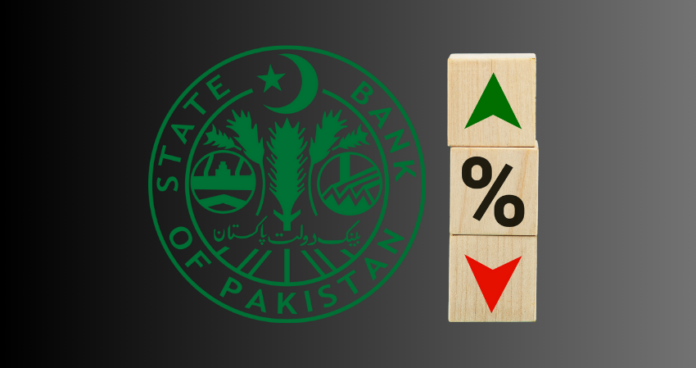Pakistan’s central bank is expected to implement a third consecutive reduction in its key policy rate during its upcoming monetary policy meeting on Friday, September 12.
The anticipated cut, likely in the range of 1% to 1.5%, comes on the heels of a decline in inflation to single digits in August and aims to stimulate economic activity for the fiscal year 2024-25.
Given the considerable gap between the State Bank of Pakistan’s (SBP) current policy rate and the latest inflation figures—resulting in a real interest rate of 10-11%—there is room for a more substantial reduction. Historically, Pakistan has maintained an average real interest rate of 3-5% to safeguard against unforeseen inflation spikes.
Saad Hanif, Head of Research at Ismail Iqbal Securities, expects the SBP to proceed cautiously, favoring gradual cuts over aggressive ones. He attributes this to two main factors: the SBP’s alignment with the International Monetary Fund (IMF) recommendations as Pakistan negotiates a $7 billion loan program expected in September, and concerns that a larger rate cut could deplete foreign exchange reserves, potentially weakening the rupee, which has remained stable at Rs278-279/$ for over five months.
Hanif anticipates a 100 basis point (1 percentage point) reduction in the policy rate this Friday. The SBP previously cut the rate by 250 basis points between June and July, lowering it to 19.5% after maintaining a record high of 22% for a year.
Hanif also cautioned that a steeper rate cut might lead businesses to increase borrowing for expansion, potentially driving up import demand and quickly eroding the country’s limited foreign exchange reserves. This could lead to rupee depreciation, with the exchange rate possibly reaching Rs295/$ by the end of the current fiscal year, compared to the current rate of Rs278-279/$.
Tahir Abbas, Head of Research at Arif Habib Limited, anticipates a 150 basis point cut, which would bring the policy rate down to 18%, a level last seen in February 2023. He points to several factors supporting this prediction, including the return of inflation to single digits after three years, improved foreign exchange reserves, controlled current account deficits, and rising large-scale manufacturing (LSM) output. The government’s focus on economic growth further bolsters the case for a 150 basis point reduction.
Pakistan secured a staff-level agreement with the IMF in July 2024, with official approval from the executive board expected soon. “The IMF’s commitment to fostering disinflation supports our expectation of continued monetary easing,” Abbas noted, adding that a rate reduction aligns with the IMF’s policy stance and ongoing efforts to stabilize the economy.
A survey conducted by Abbas’ research house revealed that 57.1% of participants expect a 150 basis point cut, while 21.4% predict a 200 basis point reduction. Meanwhile, 10.7% foresee a 100 basis point cut, and 3.6% anticipate a 250 basis point decrease.
Similarly, Shankar Talreja, Deputy Head of Research at Topline Securities, reported that 59% of poll participants expect the SBP to reduce the rate by 150 basis points, with 19% predicting a 200 basis point cut and 5% expecting more than 200 basis points. Meanwhile, 13% expect a 100 basis point reduction, and 2% expect a 50 basis point cut.
“We believe that the expectation for a larger rate cut in the upcoming monetary policy meeting is driven by August 2024’s single-digit inflation reading of 9.6%, which is projected to remain below 8% in September 2024,” Talreja said. “We share the view that the SBP will announce a 150 basis point cut, following the 100 basis point reduction in the last monetary policy meeting in July.”




